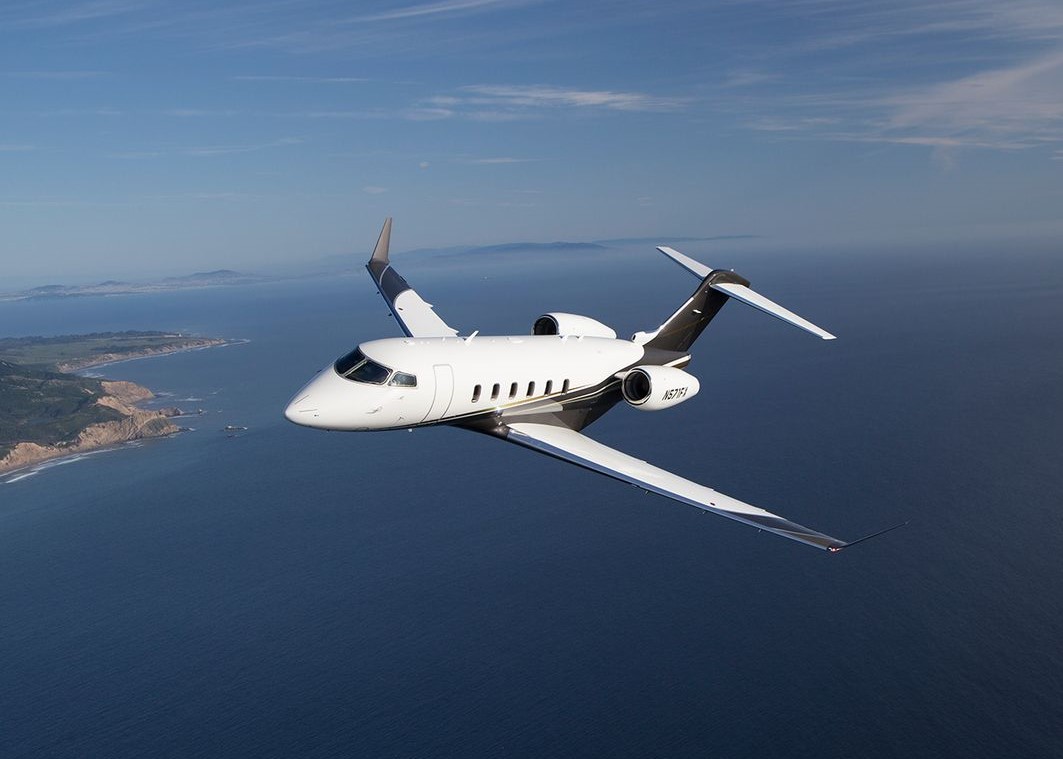Technological advancements are having a widespread impact on private jet travel, improving the experience for passengers, crew and pilots alike. This article will discuss how technology is shaping the future of private jet travel, from CT technology to cyber security and beyond.
Enhanced detection
CT technology – computed tomography technology – is going to play a much more significant role in the coming years in the world of aviation. First implemented back in the early 1990s in hold baggage security systems, regulatory and technological advancements have led to CT technology being increasingly used in the cabin baggage screening process too. This technological advancement makes flying safer and more efficient for anyone who may charter a private jet, giving passengers and crew peace of mind.
Artificial intelligence
As with many other industries, artificial intelligence is playing an increasingly significant role in the world of aviation. The use of artificial intelligence, such as flight simulators, allows pilots to undergo valuable practical training that will improve the experience and safety within the cockpit and help better prepare pilots for the flights they will be making in the future.
Artificial intelligence will also help to improve the customer experience when travelling by private jet, making the process much smoother and more efficient for all those involved.
Virtual reality
VR – or virtual reality – provides pilots with an immersive and hands-on experience. Whether pilots are taking their first steps within the industry or are seasoned professionals, VR-based training allows individuals to improve their skills in a simulated environment to gain a better understanding of things such as spatial distances and the relationship between objects in a controlled condition.
Cyber security
One of the most important factors when it comes to the world of aviation is cyber security. The safety and security of passengers, crew and pilots is of the utmost importance, and the increasing use of data in airports and aviation operations means that strict regulations must be in place to make sure this data is stored securely. Every effort must be made to ensure data is protected and that there is minimal risk of a data breach or a cyber threat.
In the years to come, future developments will see heightened screening processes of passengers ahead of their flight, combining data taken from the booking process with information from border control and other sources. This additional level of security will improve the experience for any passengers choosing to travel via private jet and help keep everyone as safe and secure on board as possible.

















Leave a comment